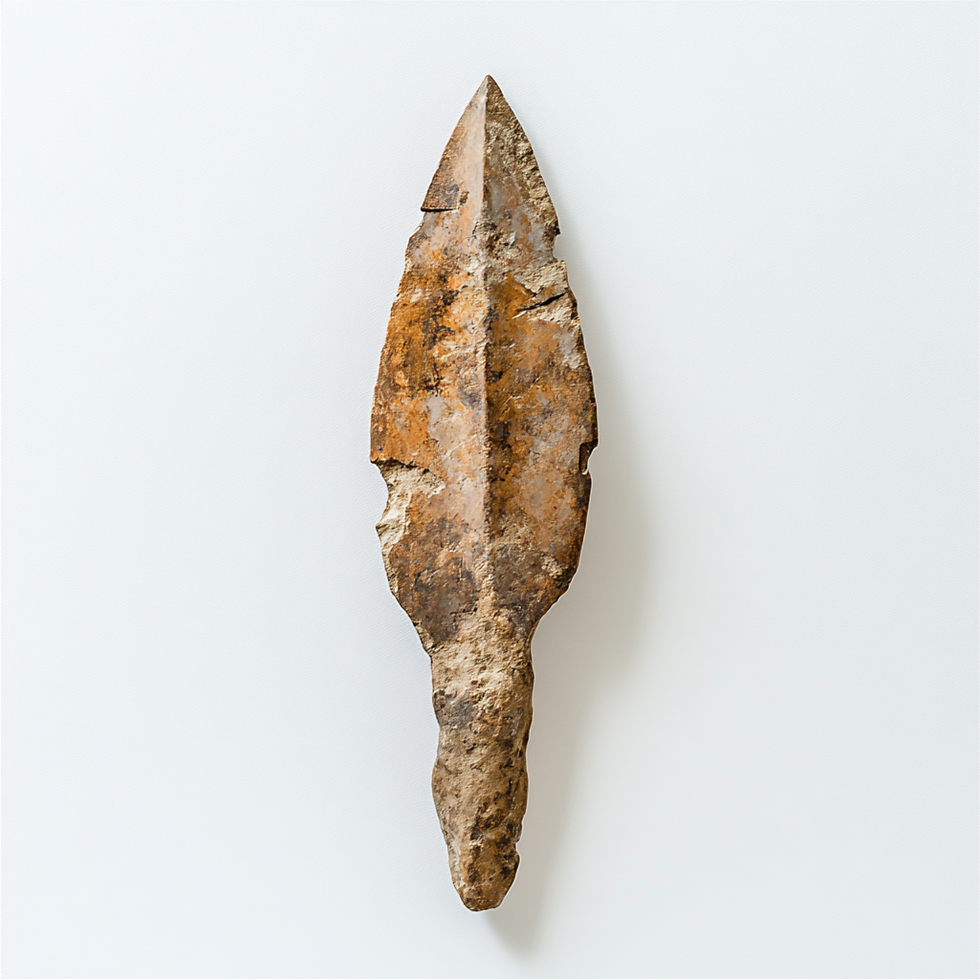Magnesium and Wrestling
- Keep Kids Wrestling Non-Profit
- May 17, 2025
- 4 min read
The Muscle Mineral Every Wrestler Needs
Wrestling is a demanding sport that pushes the body to its limits—mentally, physically, and emotionally. While most wrestling parents are familiar with the importance of protein, hydration, and calories, one critical mineral often gets overlooked: magnesium. This essential nutrient plays a major role in muscle control, recovery, energy levels, and stress management. Without it, even the strongest wrestlers can feel weak, cramp up, or struggle to recover.

In this blog, we’ll explore magnesium’s functions in the body, how it benefits wrestlers, signs of deficiency or toxicity, top food sources, and how cutting weight can affect a wrestler’s magnesium levels.
What Is Magnesium and What Does It Do in the Body?
Magnesium is a major mineral found in every cell of the body. It’s involved in over 300 enzyme reactions, making it one of the most important nutrients for overall health and athletic performance.
Magnesium helps with:
Muscle contraction and relaxation
Nerve function and communication
Energy production (ATP synthesis)
Regulation of heart rhythm
Blood pressure control
Bone formation and calcium absorption
Reducing inflammation and supporting the immune system
For wrestlers, this means magnesium directly impacts how muscles feel, how well the body recovers, and how steady their energy levels stay through practices and matches.
Health Benefits of Magnesium for Wrestlers
1. Prevents Muscle Cramps and Spasms
Magnesium helps regulate the balance of electrolytes, particularly calcium and potassium. Low magnesium levels can lead to muscle twitching, cramping, and tightness—especially during or after practice.
2. Supports Energy and Endurance
Magnesium is crucial for turning food into energy (ATP). Wrestlers with adequate magnesium have more consistent energy and avoid sudden crashes during high-intensity drills or matches.
3. Improves Recovery
After intense exercise, magnesium helps reduce muscle soreness, inflammation, and fatigue by relaxing muscles and aiding in tissue repair.
4. Reduces Stress and Supports Sleep
Magnesium plays a role in managing the body's stress response. It promotes calmness and better sleep, both of which are critical for recovery and mental clarity in wrestling.
Signs of Magnesium Deficiency
Deficiency is more common than many people realize, especially in athletes who sweat heavily, cut calories, or restrict certain foods. Signs include:
Muscle cramps or spasms
Fatigue or weakness
Irritability or anxiety
Poor sleep or restlessness
Headaches or migraines
Tingling or numbness
Irregular heartbeat (in severe cases)
For wrestlers, deficiency can show up as cramping during matches, slow recovery, or feeling “flat” in the third period.
Can You Get Too Much Magnesium? (Toxicity Symptoms)
While food-based magnesium is safe, excessive use of magnesium supplements can lead to toxicity. Symptoms may include:
Diarrhea (common with magnesium supplements like magnesium citrate)
Nausea or stomach cramps
Low blood pressure
Irregular heartbeat (very rare and usually linked to kidney issues)
Stick to whole food sources unless a doctor recommends supplements, and avoid megadoses unless medically necessary.
Recommended Daily Intake for Wrestlers
According to the National Institutes of Health:
Boys 14–18 years old: About 410 mg/day
Girls 14–18 years old: About 360 mg/day
Athletes who sweat heavily or are cutting weight may need a bit more to account for losses through sweat and restricted diets.
Best Food Sources of Magnesium
Magnesium is found in a variety of whole foods. Many magnesium-rich foods are also high in fiber, protein, and healthy fats—perfect for growing athletes.
Top magnesium-rich foods include:
Pumpkin seeds (1 oz = 168 mg)
Almonds (1 oz = 80 mg)
Spinach (1 cup cooked = 150 mg)
Black beans (1 cup = 120 mg)
Avocados (1 medium = 58 mg)
Dark chocolate (1 oz = 64 mg)
Quinoa and whole grains
Tofu and edamame
Bananas
Yogurt
Tip: Include these foods in meals and snacks leading up to practices, during weight cuts, and post-competition to help maintain healthy levels.

How Cutting Weight Affects Magnesium Levels
Wrestlers who are cutting weight are at high risk for magnesium deficiency. Here’s why:
Less food = fewer nutrients: Cutting calories often means eating fewer magnesium-rich foods like grains, nuts, beans, and leafy greens.
Increased sweating: Wrestlers lose magnesium through sweat, especially during sauna sessions or intense cardio.
Low-carb or low-fat diets: Wrestlers avoiding carbs or healthy fats may unknowingly cut out magnesium sources like whole grains, seeds, or avocados.
Diuretics or excessive water loss: These can deplete electrolytes quickly, including magnesium.
The result? Cramps, irritability, sluggishness, and decreased performance. Wrestlers often blame “just a bad day” on the mat—but it might be their nutrition talking.
Simple Ways to Keep Magnesium Levels Up
Add a handful of pumpkin seeds or almonds to meals or snacks.
Include leafy greens in sandwiches, wraps, or smoothies.
Choose whole grain carbs like brown rice or oats when not close to weigh-ins.
Use topical magnesium spray or Epsom salt soaks during recovery weeks.
Ask a doctor or sports nutritionist about low-dose magnesium supplements during peak training (if needed).
Don’t Let Low Magnesium Slow Down Your Wrestler
In wrestling, every point counts—and so does every nutrient. Magnesium is one of the most important minerals for keeping your wrestler’s body hydrated, recovered, and competition-ready. Yet it's often the first thing to go when calories are low or meals are skipped.
As a parent, you can help by planning magnesium-rich meals, watching for warning signs, and encouraging smarter cutting strategies. Because cramps, fatigue, and poor recovery shouldn’t be the reason your athlete loses a match—or their love for the sport.
In wrestling, strength starts in the mind and body. And magnesium helps both perform at their peak.


Comments